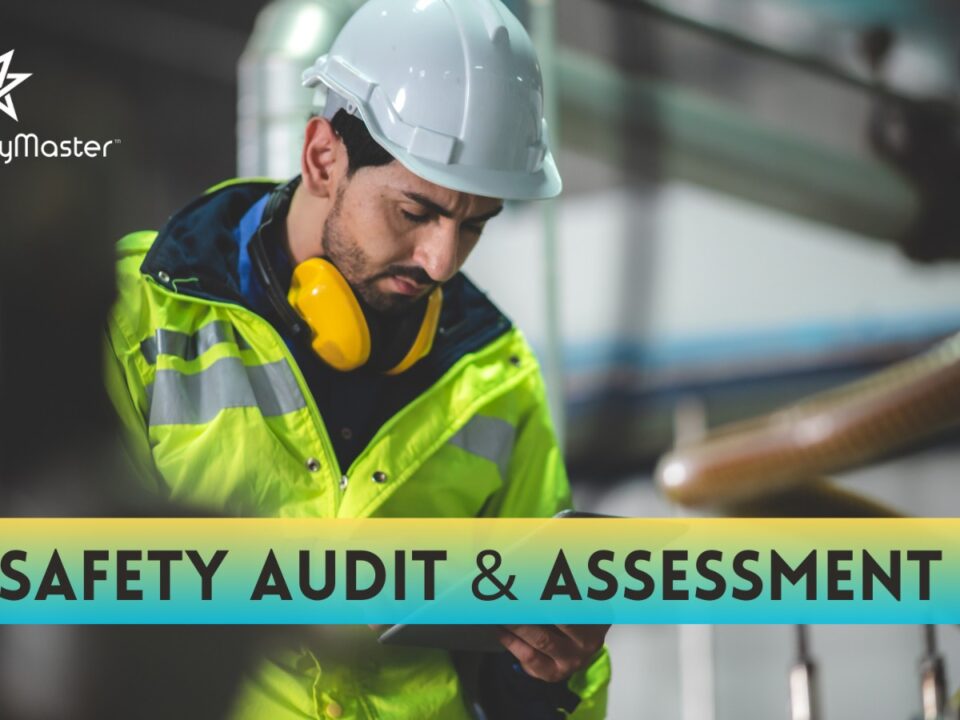Human-Centered Safety: Behavior Based Safety Consultants’ Approach

Behavior Based Safety vs. Traditional Safety Approaches: Which One Works Best?
August 22, 2023Expert Insights: Why Safety Consultants are Vital for Business Success
August 23, 2023In the realm of occupational safety, a paradigm shift has occurred with the emergence of Behavior Based Safety (BBS) consultants. Their approach, often characterized as human-centered safety, marks a departure from conventional safety measures by recognizing the pivotal role human behavior plays in workplace incidents. This comprehensive approach underscores the significance of Behavior Based Safety Training and Implementation in fostering a culture of safety that revolves around employee behaviors, attitudes, and actions.
Behavior Based Safety Training serves as the cornerstone of this approach. It equips employees with the knowledge and skills to identify potential hazards, make safer choices, and engage in safe behaviors. These training programs go beyond theoretical knowledge, providing practical insights that resonate with employees’ daily activities. Through interactive workshops, real-world scenarios, and relatable examples, Behavior Based Safety Training bridges the gap between theory and practice, empowering employees to actively contribute to a safer work environment.
Moreover, the role of Behavior Based Safety Implementation cannot be overstated. It involves translating training principles into actionable strategies that permeate the workplace culture. This requires a collaborative effort between consultants and organizations, aligning safety goals with existing processes and systems. Consultants assist in customizing the implementation process to suit an organization’s unique needs and challenges, ensuring a seamless integration of behavior-based safety principles.
Behavior-Based Safety Consultants adopt a holistic approach to this implementation. They focus on understanding the organization’s safety culture, observing existing behaviors, and identifying areas of improvement. By fostering open communication and engaging employees at all levels, consultants create a sense of ownership and accountability. This human-centered approach breaks down barriers, encouraging employees to voice their concerns, suggestions, and ideas, thereby cultivating a shared commitment to safety.
Furthermore, consultants utilize a blend of coaching, mentoring, and positive reinforcement to drive behavior change. Instead of relying solely on punitive measures, they encourage employees to recognize safe behaviors and provide constructive feedback. This not only enhances morale but also empowers employees to actively influence their safety and that of their colleagues.
In essence, the “Human-Centered Safety: Behavior Based Safety Consultants’ Approach” encapsulates a transformative shift in the safety landscape. By prioritizing human behavior, attitudes, and actions, consultants ensure that safety isn’t just a set of rules but a way of life. This approach not only prevents accidents and injuries but also fosters a culture where employees take ownership of their safety and the safety of those around them.
To summarize, the role of Behavior Based Safety Consultants extends beyond traditional safety measures. Their human-centered approach, encompassing Behavior Based Safety Training, and Implementation, brings about lasting change by empowering employees, fostering a sense of shared responsibility, and cultivating a culture of safety that transcends organizational bou ndaries.
Explore the Power of Behavior Based Safety with consultants who prioritize human-centered safety, ensuring that your organization thrives in a safer and more empowered environment.




